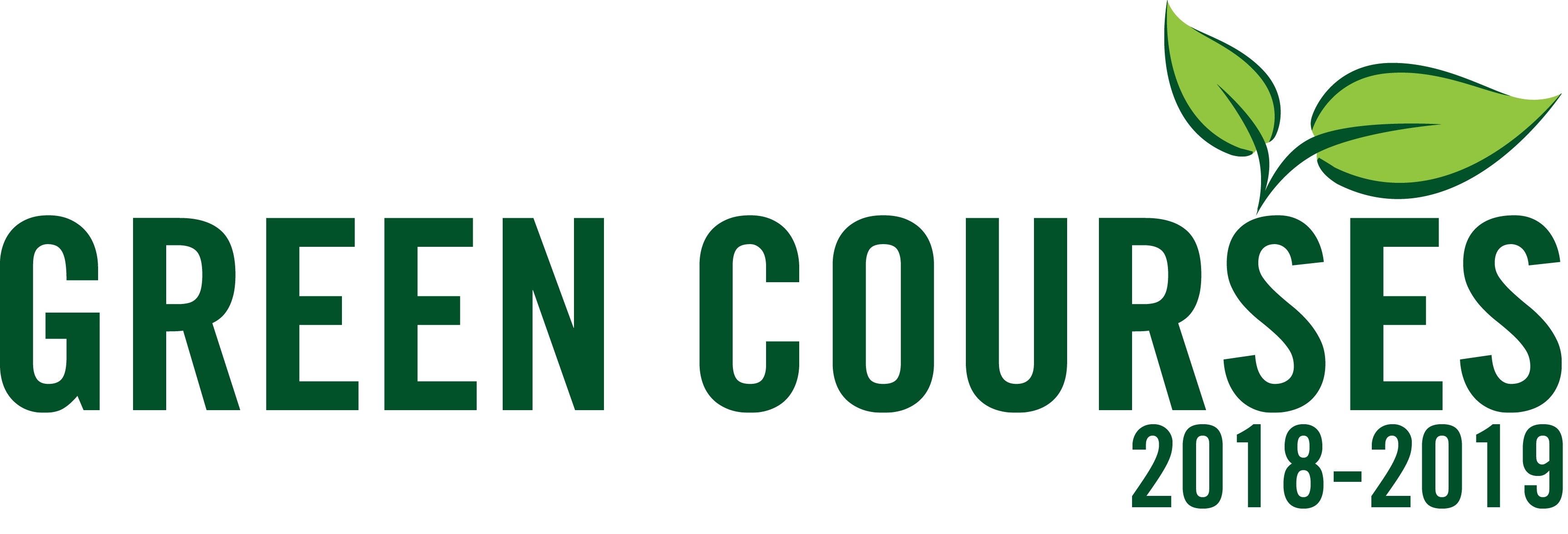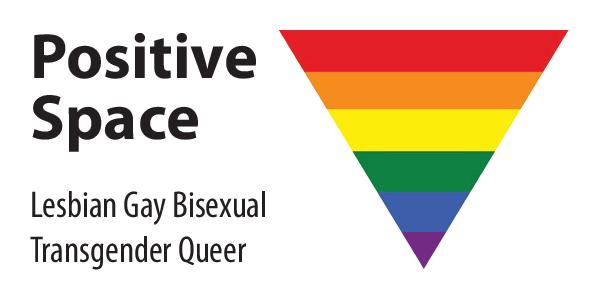TBB 199: Exploring Heritage Languages
Course Description
Course Description
In this First-Year Seminar, we will explore how speakers use Heritage Languages in Toronto. We will examine recently collected data from Cantonese, Faetar, Italian, Korean, Polish, Portuguese, Russian, Tagalog and Ukrainian speakers in the GTA, so students should be familiar with one of these languages. We will collect and organize information about heritage languages in Toronto. We will look for speech patterns that differentiate first, second and third generation speakers in Toronto from corresponding speakers in their countries of origin, and look at the effects of cultural and language attitudes and usage.
199 courses help students develop these abilities:
- Compose open-ended questions that lead to further investigation into increasingly focused problems and issues.
- Explain a central issue or question of the field, using at least two unique perspectives.
- Identify, compare, and contrast different hypotheses about a given phenomenon.
- Present in clearly organized form, the results of their investigation into questions or problems they have posed.”
Course Methods and Objectives
This course will explore the ethnolinguistic vitality of several heritage languages spoken in the Greater Toronto Area, considering how they are spoken, how they are supported, how they are changing, and how speakers feel about them.
To do this, we need to learn about:
- the definition(s) of "heritage language"
- methods for conducting sociolinguistic
research
- the concept of ethnolingustic vitality and how to measure it
- the status of the heritage languages that you, as a group, may speak (or understand)
- academic research in general: reading about it, doing it, and writing about it
- working solo, in small groups, and as a class.
The HLVC Project
Course work will both contribute to and use resources from the Heritage Languages Variation and Change in Toronto project.
We will explore the following research methods:
- searching for existing information published online and in print (academic journal articles, books, the popular press)
- participant/observation of heritage language usage (describing our own knowledge)
- interviews with heritage language speakers
- surveys
- reviewing books and other publications about heritage languages
- describing our own knowledge
- analyzing variable sociolinguistic patterns
Reading
To learn about the relevant topics, you will be expected to read several articles, usually short, for class each week. You should read them BEFORE lecture and be prepared to discuss them. In many cases, just skimming for important content will be sufficient. It is also helpful to take some notes.
Readings are listed in the syllabus and available in Quercus.
Meeting time and place
In Winter 2019, TBB 199 (Section 0281) meets on Wednesdays, 10:10-12:00 in University College D301 (UC on the map).
Course expectations
There are several important parts of this course and to be successful, you must do well in all of them.
| Component |
Weight |
Expectations |
| Participation & Attendance |
25% |
Attend all classes and participate actively in discussion each day. The quality and quantity of your participation will determine 25% of your final grade.
Undocumented absences will severely affect your grade: your final course grade will be dropped 10% for each undocumented absence.
Please make every effort to show up on time. |
| 7 written assignments |
65% |
You will submit 7 written assignments over the course of the semester, according to directions posted in Quercus, and on-time. Assignments are due online BEFORE CLASS BEGINS, unless otherwise noted. Due dates are provided on the syllabus and in Quercus. |
| 2 in-class presentations |
10% |
On some days, students will read different articles and present what they have read to the class. You will make a clear presentation of the relevant aspects of the article and engage the class in discussion related to these aspects. |
- Please feel free to contact me outside of class if there is something you want to discuss or anything you don't understand.
- If you will miss class, turn in the homework AHEAD OF TIME so that you are not behind when you return.
- Arrange to get lecture notes from another student BEFORE coming to talk to me about what you missed.
Last updated
Jan. 7, 2019

